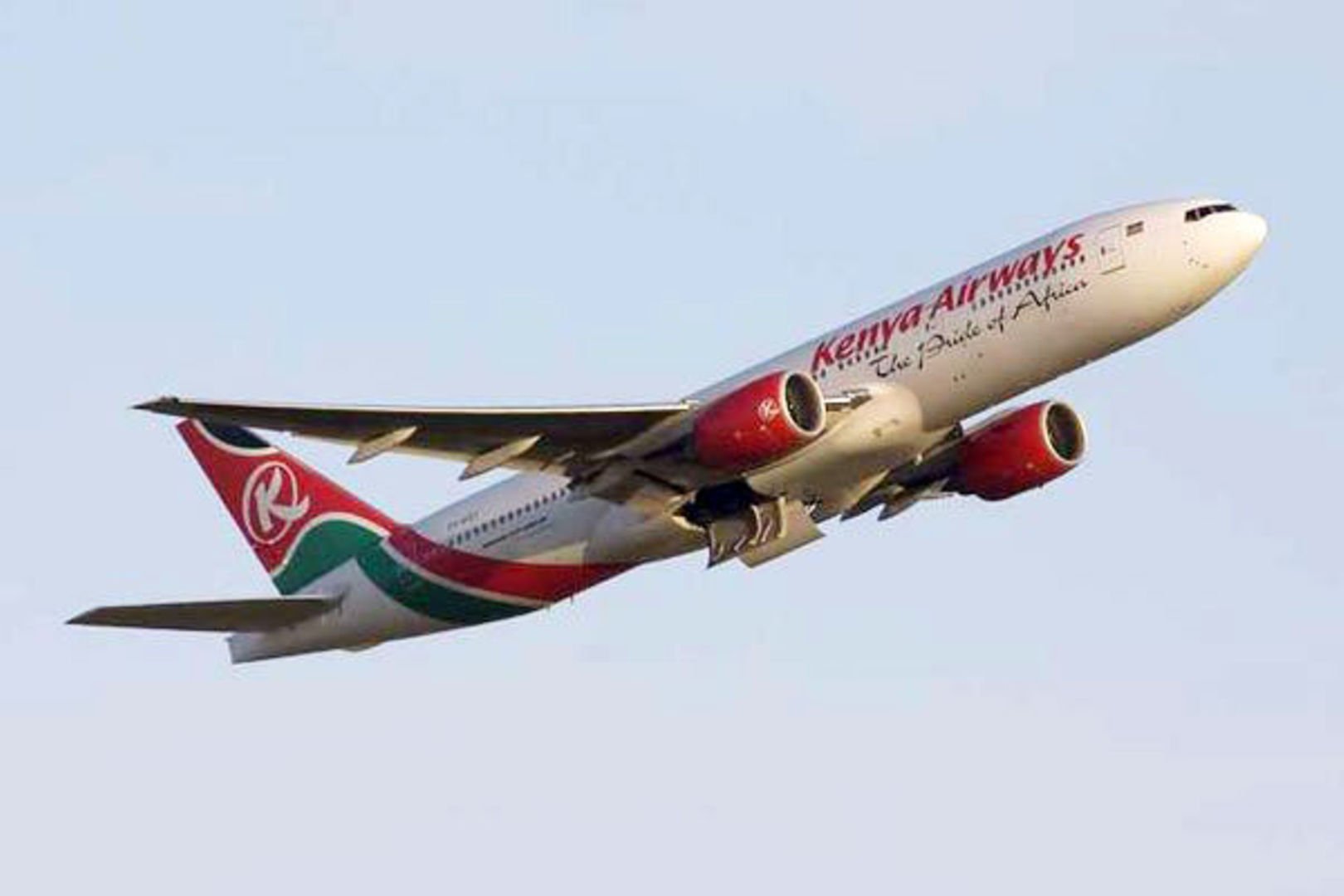Government needs to ‘kill’ UPE to save teachers

Unatu members in Kampala where they resolved to lay down tools until their salaries are revised. PHOTO BY FAISWAL KASIRYE
What you need to know:
Teachers’ salaries. A 100 per cent salary increase could rock the boat but government can pay a bit more if it is willing to make tough choices.
Kampala
Government and teachers have spent weeks fighting over money. The Uganda National Teacher’s Union wants a 100 per cent pay raise with 40 per cent this financial year.
President Museveni says raising teachers’ salaries is behind other government priorities, especially investing in transport and energy, on which government is spending Shs2.5 trillion – about a quarter of the Budget.
Education is to get about Shs1.4 trillion – the highest for any one sector – in the 2011/12 Financial Year. That is almost five times more than what government plans to spend on ICT, social development, lands, housing, tourism, trade and industry – combined! However, those figures mean little, if anything, to the estimated 170,000 government teachers who earn about Shs273,000 for the lowest-paid primary teachers and Shs450,000 for their secondary counterparts.
Primary school teachers who take home about Shs180,000 have seen double-digit inflation erode their purchasing power while their salaries have generally remained stagnant.
Finance ministry figures show that government plans to spend Shs646 billion on primary and secondary teachers’ salaries although this figure also includes the School’s Facilitation Grant paid per child under the universal education system.
The salaries allocated to teachers are a sizeable chunk of Shs873 billion that government allocated to employee costs in FY 2010/11 but the teachers have good reason to feel neglected.
First, is the numbers game. Although allocated a big slice of the pie, their large number means each teacher gets only a tiny piece. By way of comparison, the estimated 50,000 – 60,000 soldiers who will share a proposed wage bill of Shs265 billion this financial year will each get more in their pocket, on top of not having to pay income tax on it. The second factor is stagnation. The consolidated government wage bill has almost doubled from Shs867b in FY 2005/06 to Shs1.6t in 2010/11 but teachers’ salaries during that period have only grown marginally.
Hard choices
Unbundling that consolidated figure offers some insights. While salaries for many civil servants have grown by single digits or only marginally, allowances have risen from Shs45b in 2007/08 to Shs216b in 2010/11 – including allowances paid to civil servants, public officers and politicians to attend workshops and seminars or fly abroad. So government spends more on a minister opening or closing a workshop than on a teacher who spends 20 days teaching.
Doubling teachers’ salaries would take spending on wages in the education sector to about a trillion shillings and would neither be affordable without some very painful cuts, nor justifiable if the salaries of other poorly-paid government workers, such as police officers and medical workers, are not similarly adjusted. But with teachers becoming increasingly defiant, government cannot afford to do nothing. There are generally three options available to the government and all represent tough choices.
First is to somehow find the money in the budget to relieve the teachers. There are a few easy pickings such as the Shs100 billion that would be saved from savings in deferred car purchases and cutting allowances and foreign travel.
Add another Shs8 billion allocated to buying medals and a few other entitlements due to State House and the Presidency could raise say Shs120b which could generate about an extra Shs60,000 per teacher per month. Not much, but a step in the right direction. However, the ministries, as well as State House, are unwilling to cut their entitlements and some of this money would, in any case, be spent on the 4,000 extra teachers the government plans to recruit this year.
The second option would be for a more sustained downsizing of government; one month’s salary for the 375 Members of Parliament would pay a year’s salary for 1,700 primary school teachers. However, while fewer MPs and districts would allow for better-paid teachers, police officers and doctors, the political dividend that this expanded patronage network offers means that this option is unlikely to be considered any time soon – or until the teachers and their dependants outnumber those making a political and economic benefit off the districts.
Education reforms
The third option is to reform the education sector itself. The free universal primary and secondary education system has led to higher enrolment but lower learning. Although World Bank figures show that 15 per cent of all government expenditure in 2009 was on education; the returns remain questionable.
A Unesco report shows that without state intervention, education systems remain exclusive to those with means and leave millions behind. However, without “client power” the system provides no incentives to ensure efficiency.
UPE and USE seem to have swung from one extreme to another with policy makers taking their children to private schools which provide some value for money, while taxpayer money is sunk down the public schools gutters.
The solution might be to get parents more involved in USE/UPE by having them make some more meaningful financial contribution, as happened in Zambia and in other countries, such that they can demand for better quality education while supplementing teachers’ incomes. It just could be that the best way to save the free universal education system is to ‘kill’ part of it.



